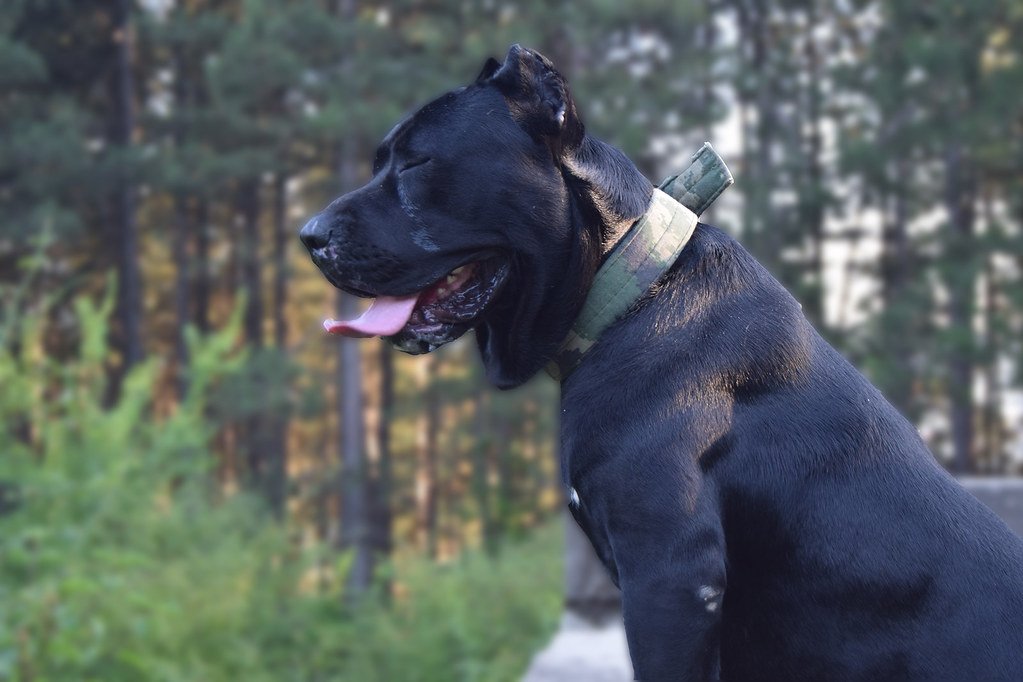Ever look into your dog’s eyes and see pure love, only to hear stories that make you second-guess what’s possible? It’s a gut punch to imagine your loyal companion snapping out of nowhere. The truth is, even the sweetest breeds can act out if they aren’t taught the ropes. Dogs, like people, need understanding, boundaries, and guidance. Some breeds—because of their size, instincts, or energy—really need that extra dose of training and socialization. Let’s explore ten breeds that demand respect, patience, and a loving but firm hand, so you and your pup can build the trust that keeps tails wagging.
Rottweiler
Rottweilers are famous for their loyalty and protective instincts, but without proper leadership, those same traits can spiral out of control. An untrained Rottweiler may become overly territorial, anxious around strangers, or even reactive if it feels threatened or confused.
Early socialization and consistent boundaries are essential with this breed. Watch for body language like stiff posture or intense staring, which can signal discomfort. Rottweilers thrive when they know their place in the family and have clear, positive routines to follow.
German Shepherd
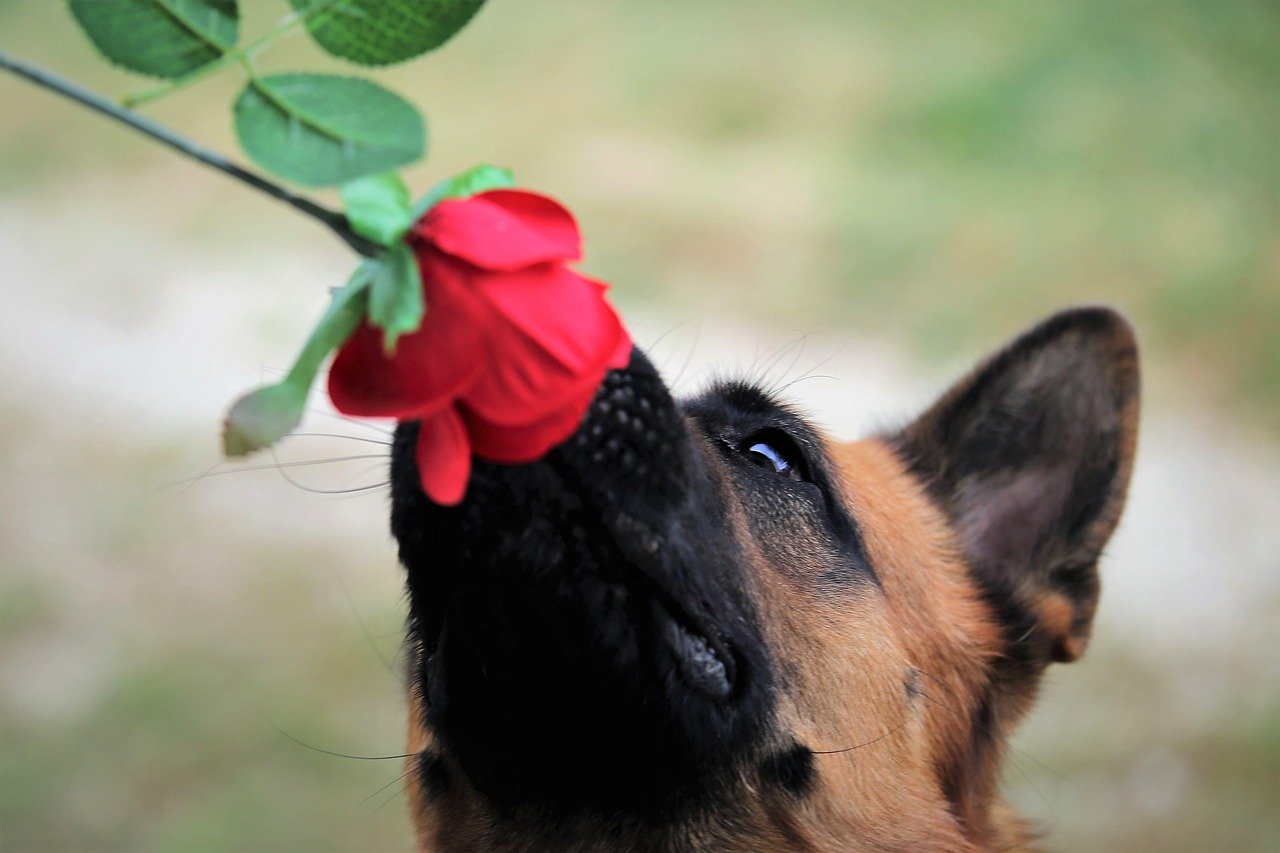
German Shepherds are brilliant and eager to work, but that intelligence can lead to stubbornness or nervousness if not channeled. When left to their own devices, they might become suspicious of guests or overly protective, which can turn into aggression.
To prevent unwanted behaviors, focus on regular mental stimulation and positive reinforcement. Shepherds are happiest with a job to do, whether it’s learning tricks or herding toys in the living room. Watch for pacing, excessive barking, or restlessness—these are clues they need more engagement.
Akita
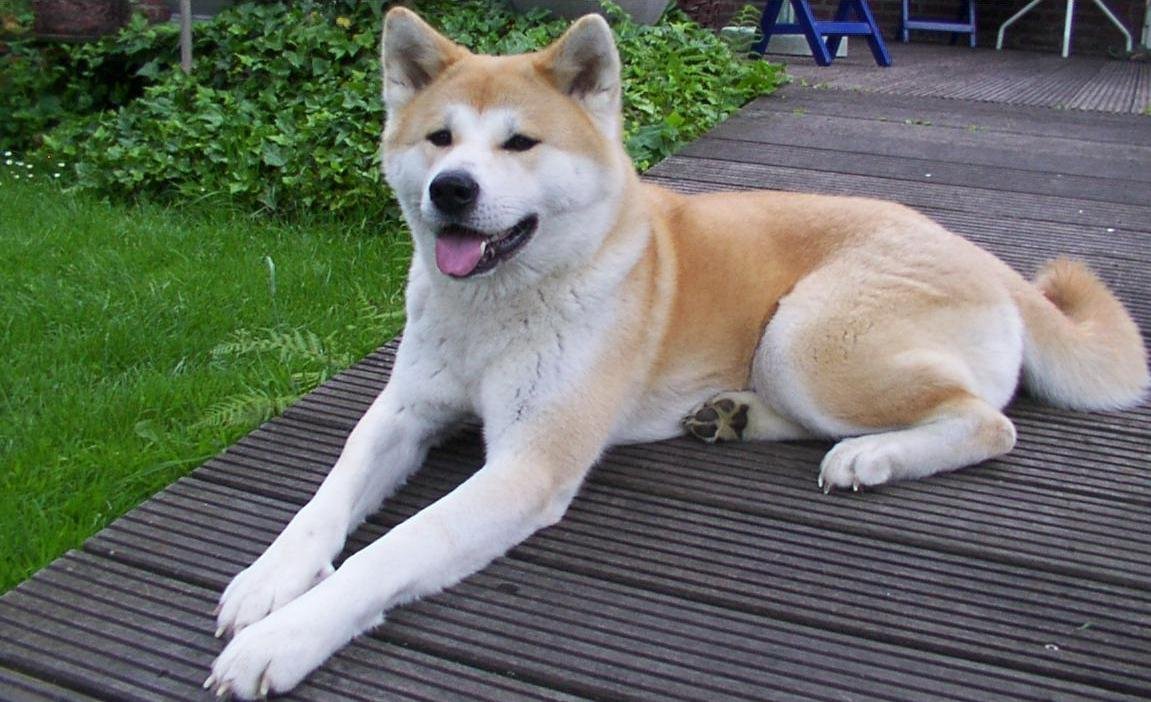
Akitas are dignified and strong-willed, often forming deep bonds with their families. However, their independence and dominant personalities mean they sometimes ignore commands unless trained from a young age. Insecure or untrained Akitas might react unpredictably if startled or challenged.
Socializing Akitas with people and other dogs from puppyhood is vital. Look out for warning signs like lip curling, low growls, or reluctance to share space. Consistency and patience teach them to trust and respect boundaries.
Alaskan Malamute
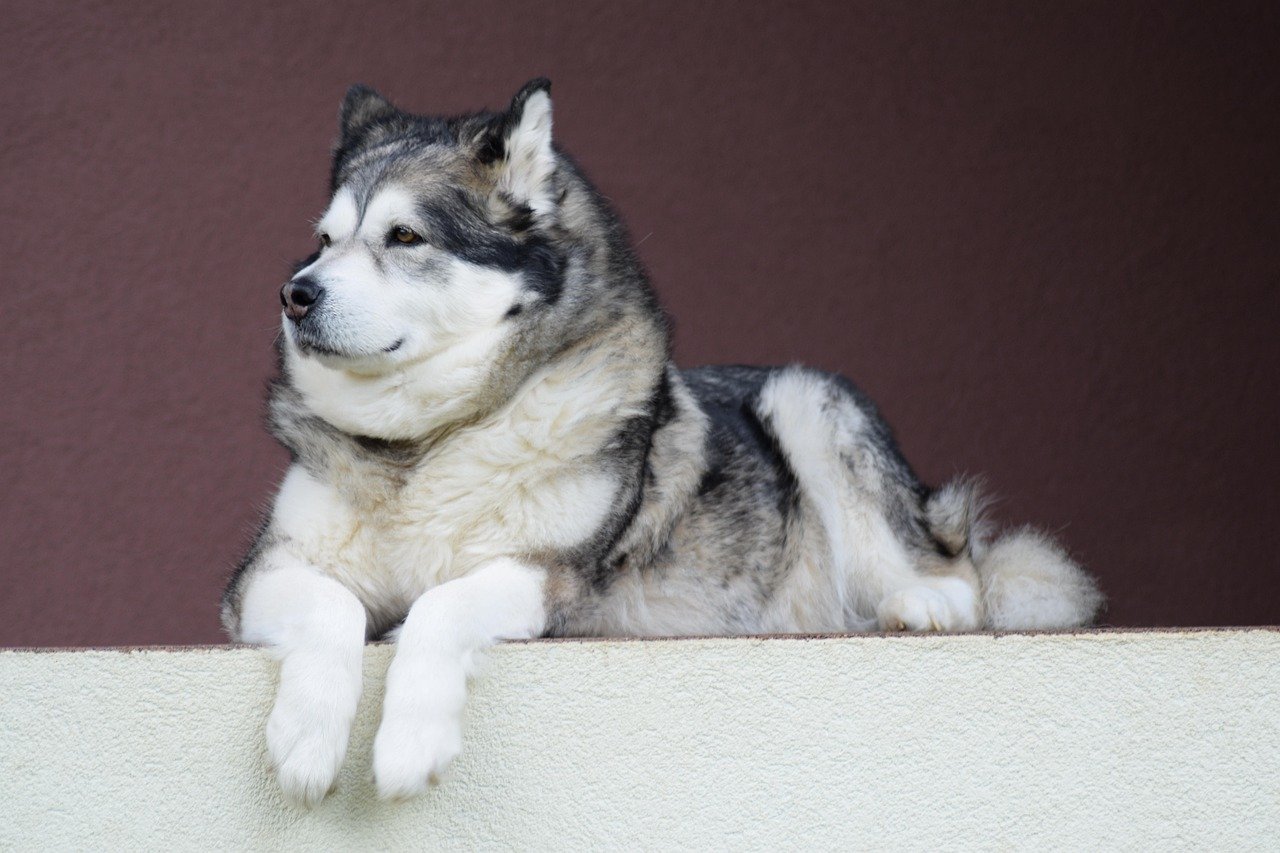
Alaskan Malamutes are powerful, pack-oriented dogs bred for endurance. Without structure, their energy can shift into stubbornness or resource guarding. This breed can challenge authority and become mouthy during play if not taught appropriate behaviors.
Frequent exercise and clear rules are a must. If your Malamute starts ignoring cues, grabbing at hands, or protecting toys, it’s time to revisit basic training. Gentle redirection and rewarding calmness go a long way in keeping harmony at home.
Pit Bull Terrier
Pit Bulls get a bad rap, but like any breed, their behavior reflects their upbringing. Without proper socialization and boundaries, their natural strength and confidence can lead to pushiness or rough play that escalates quickly.
Pay close attention to how your Pit Bull interacts with new people and pets. Signs like stiffening, hard staring, or sudden stillness are signals to intervene early. Structured play, positive training, and lots of affection help shape them into loving companions.
Doberman Pinscher
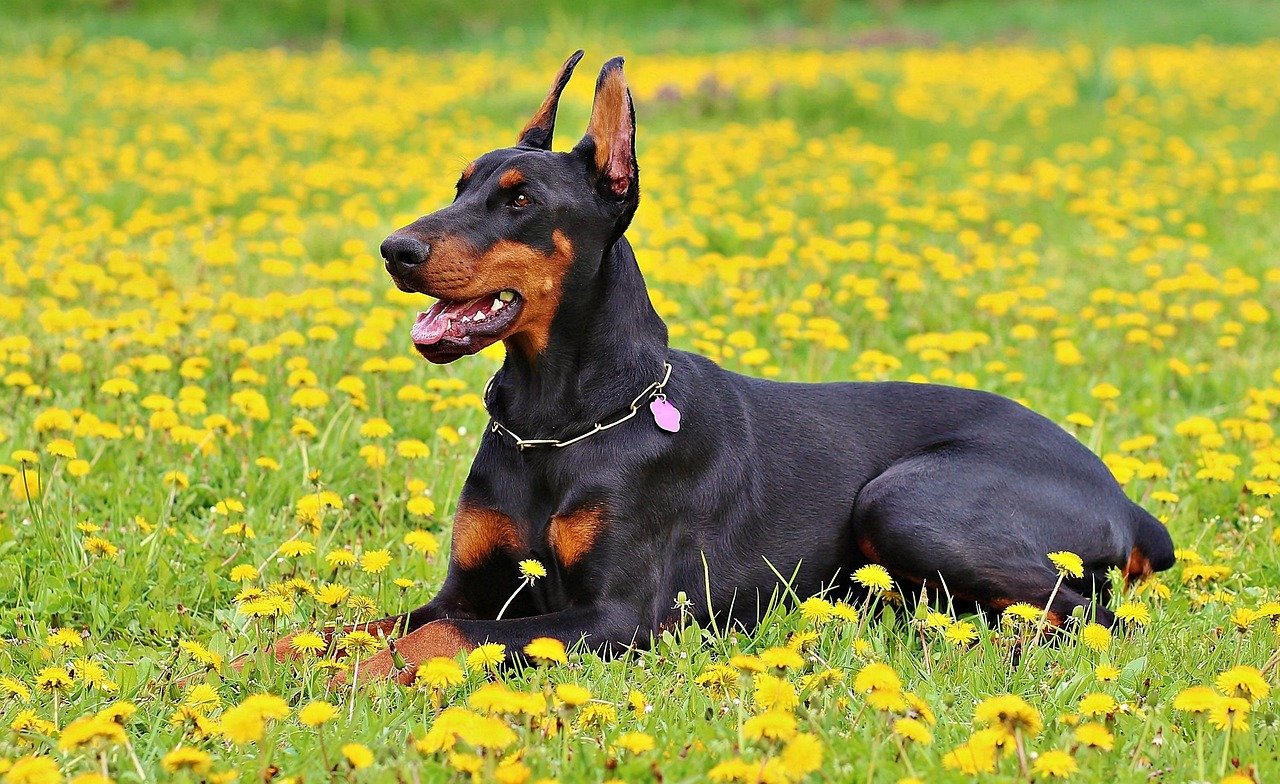
Dobermans are sleek, loyal, and highly sensitive to their environment. When they don’t receive enough mental stimulation or leadership, they can become anxious, territorial, or even nippy if startled.
A Doberman needs to feel secure and challenged with training games and daily routines. If your Doberman starts shadowing you nervously or barking at harmless noises, that’s a sign they crave more positive engagement and reassurance.
Chow Chow
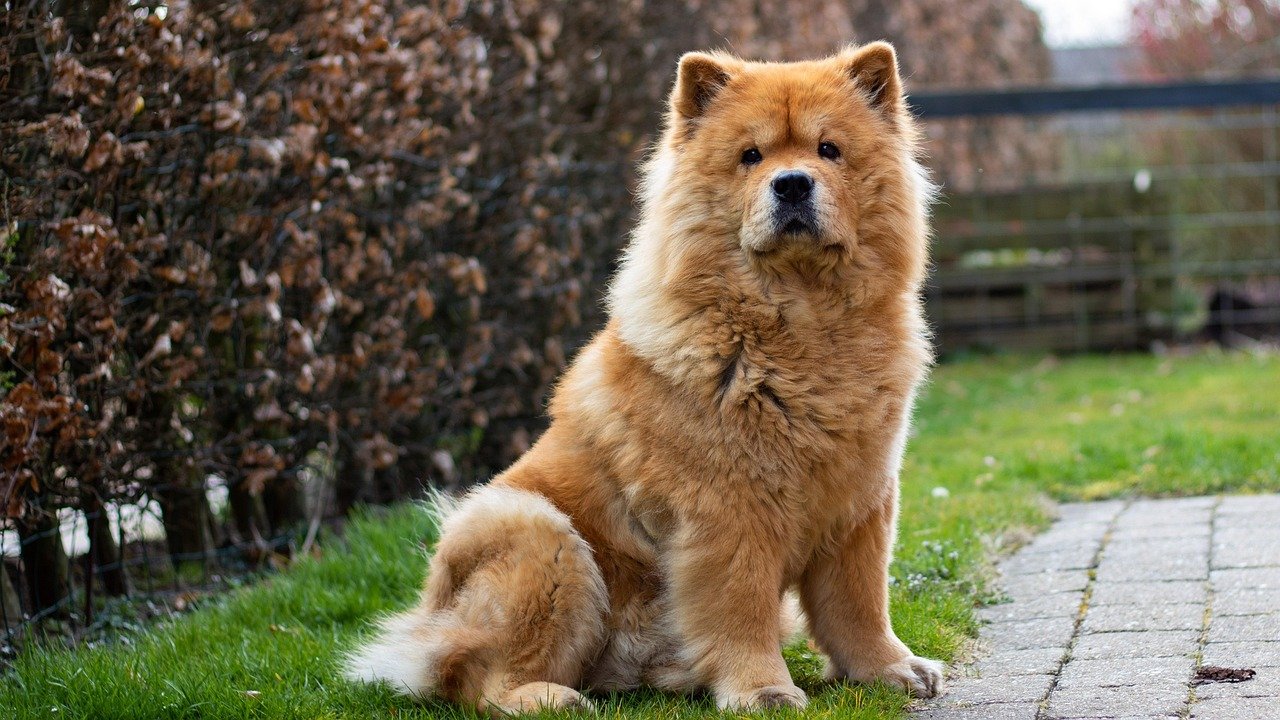
Chow Chows are famously aloof and independent—almost cat-like in their personalities. Without consistent training and early socialization, they can become possessive or unpredictable, especially around food or toys.
Keep an eye out for warning cues like a stiff tail, direct eye contact, or sudden withdrawal. Routine training sessions and gentle exposure to various people and places help build their confidence and trust in you.
Belgian Malinois
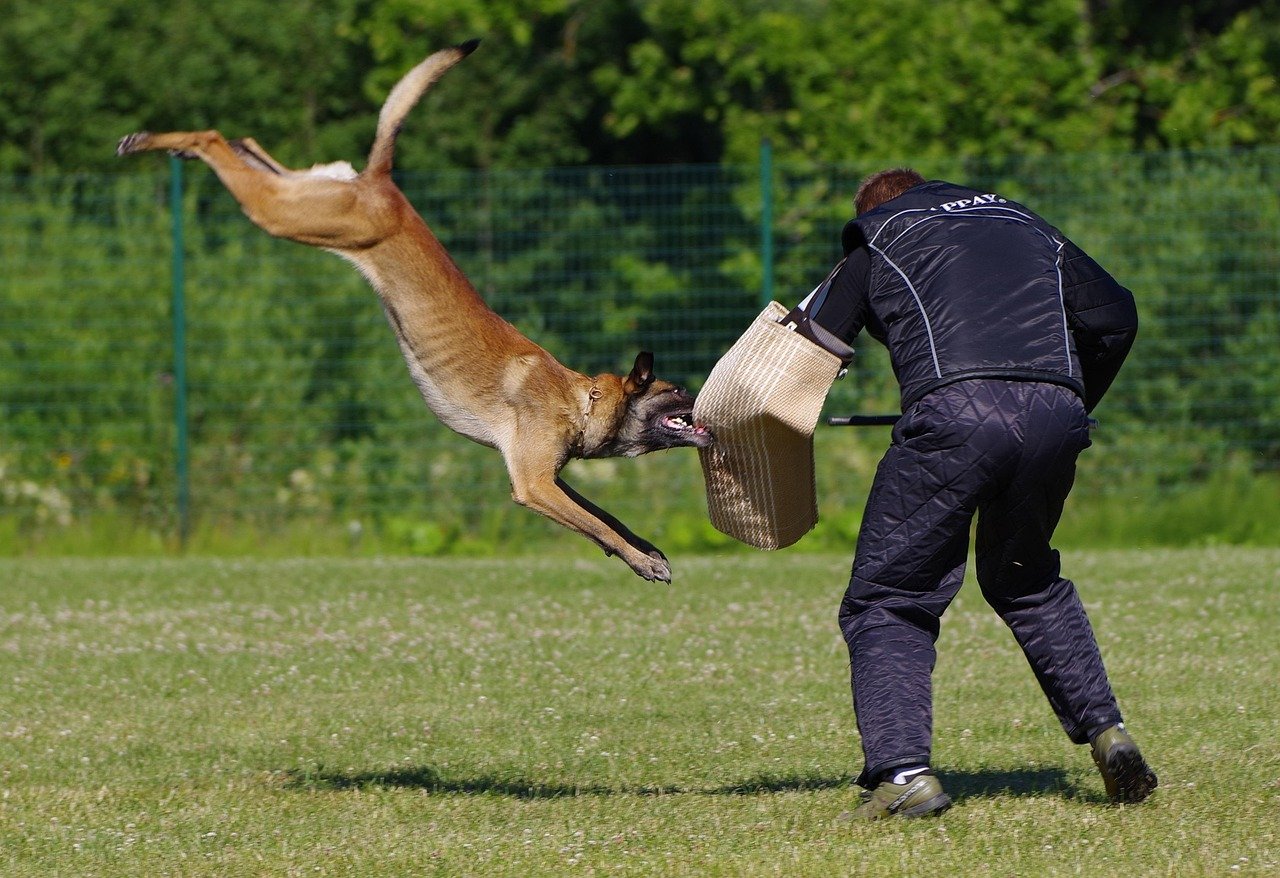
The Belgian Malinois is a workhorse with endless energy and sharp instincts. If their brains and bodies aren’t kept busy, boredom can turn into destructive behavior or reactivity, even toward their owners.
Malinois thrive on jobs—agility drills, obedience, or search games. If yours starts to herd kids or nip at ankles, it’s a red flag they need more structured activity. Stay patient, as their drive can be overwhelming without regular outlets.
Presa Canario
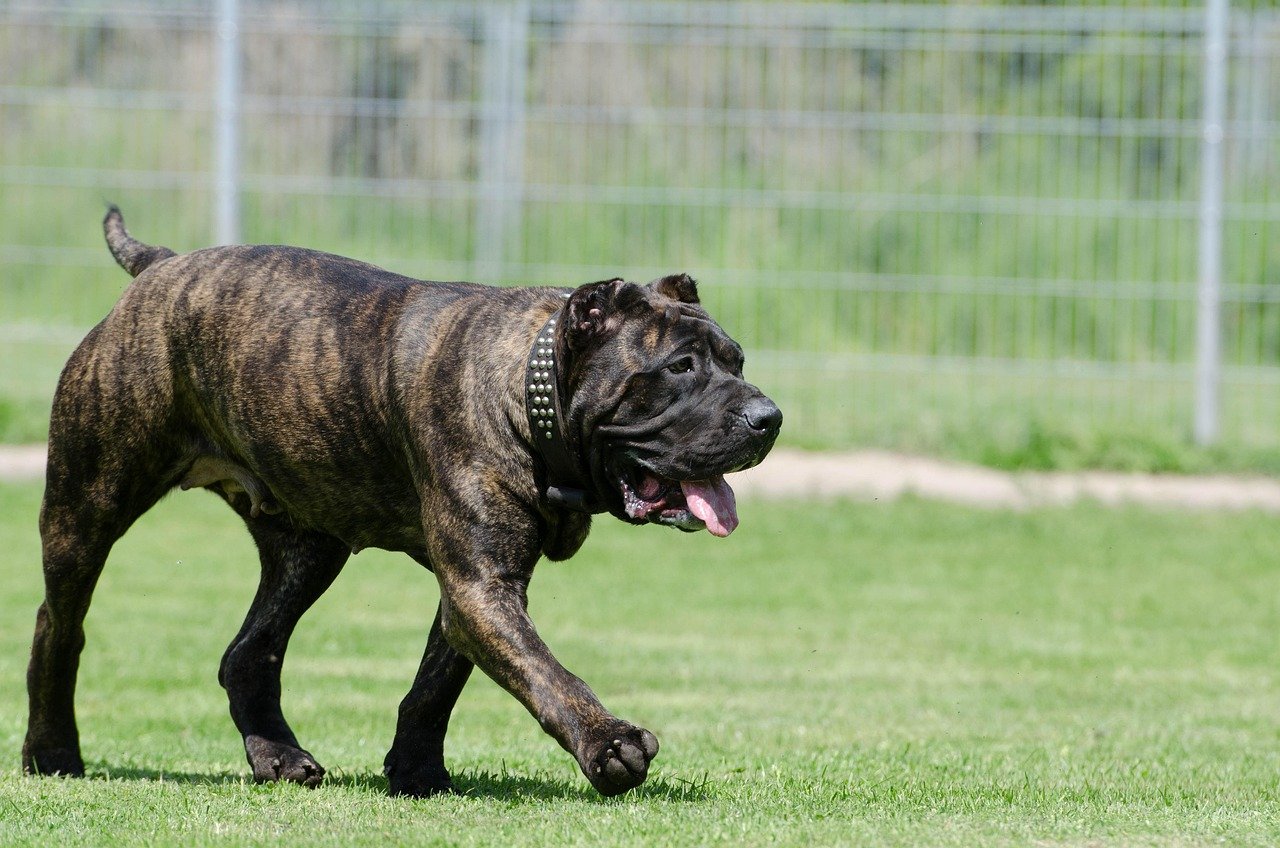
Presa Canarios are large, muscular guardians with a protective streak. Without clear leadership and consistent socialization, their natural wariness of strangers can turn into defensiveness or aggression.
Watch for signs like leaning into you, blocking doorways, or barking at unfamiliar faces. Early, positive introductions to different settings and people are key, along with firm but loving training to reinforce boundaries.
Cane Corso
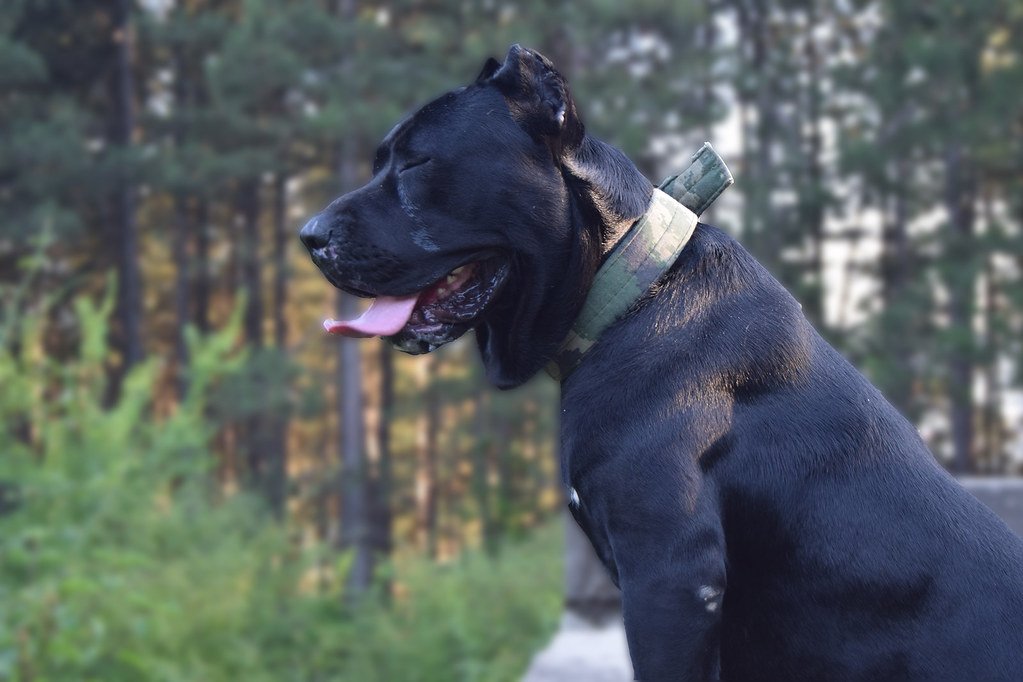
Cane Corsos are imposing yet deeply devoted to their families. With their dominant personalities, an untrained Cane Corso may try to take charge, leading to bossy or even aggressive behaviors if not managed.
Providing structure, routine, and gentle corrections helps them feel secure. If you notice them guarding objects, growling when approached, or resisting commands, it’s time to reinforce your leadership with patience and consistency.
Conclusion
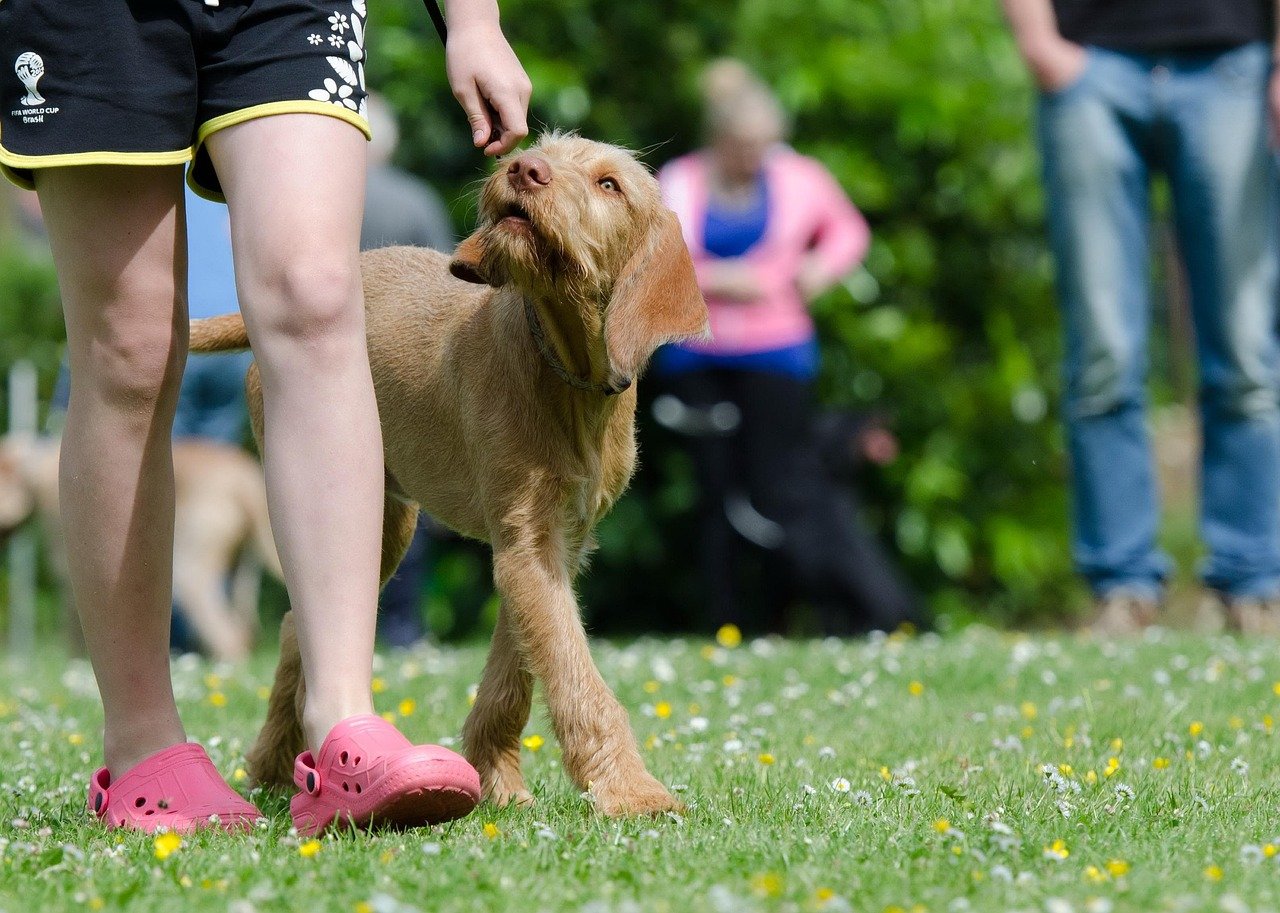
No breed is born “bad”—but some need extra attention to grow into the best versions of themselves. Training, socialization, and understanding your dog’s unique triggers are the secret sauce for a happy, loyal companion. Every dog deserves a chance to shine. Are you ready to put in the work for your four-legged friend?

Born and bred in South Africa, a Capetonian at heart. Amy-Leigh’s love for nature and animals was inherited from her Dad. He loves taking the family on road trips to experience nature at its finest; Amy-Leigh’s favourite being whale watching in Hermanus and spotting Kudu along the West Coast. Amy-Leigh holds a BA in English Literature and Communication Studies.

